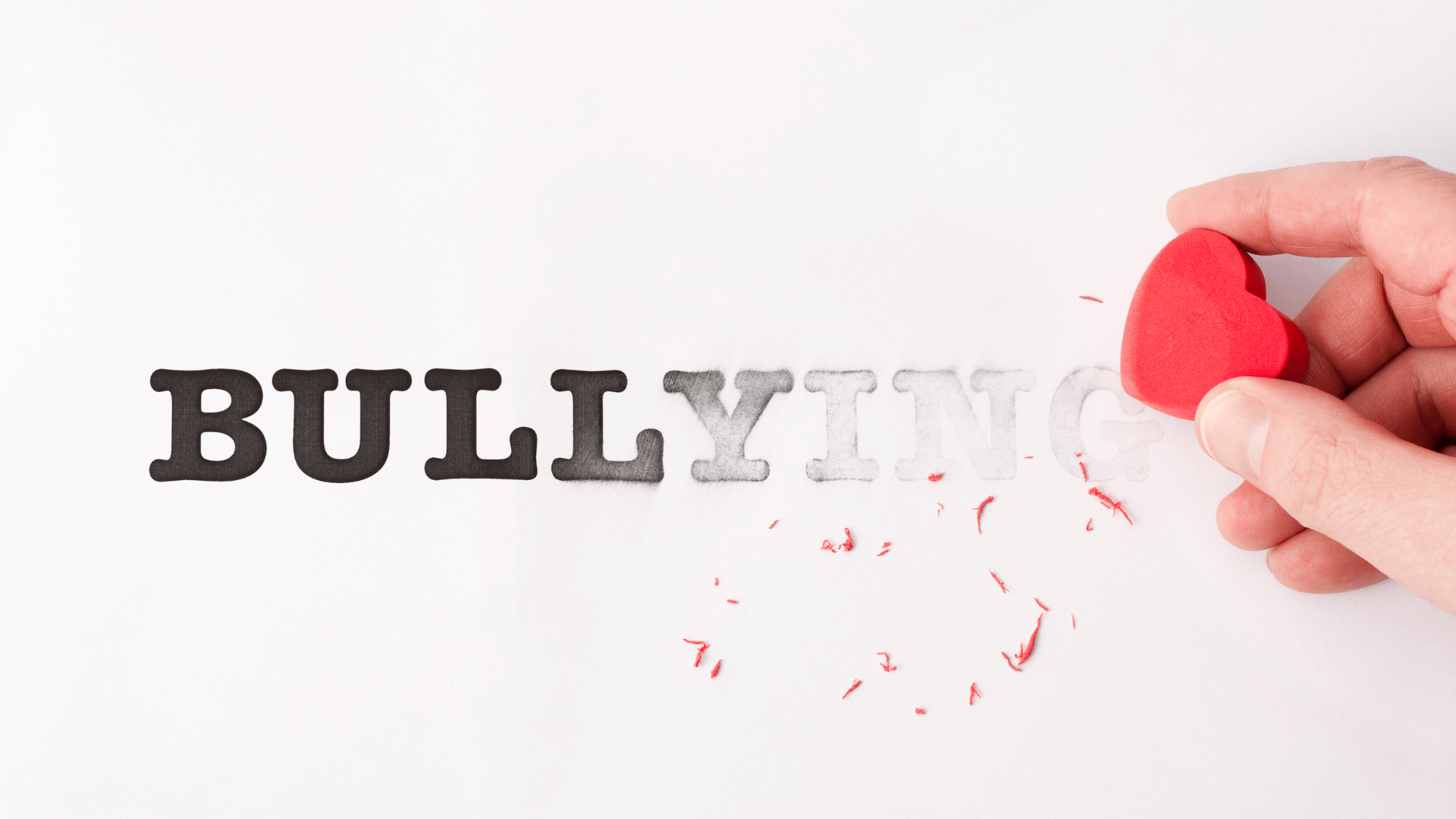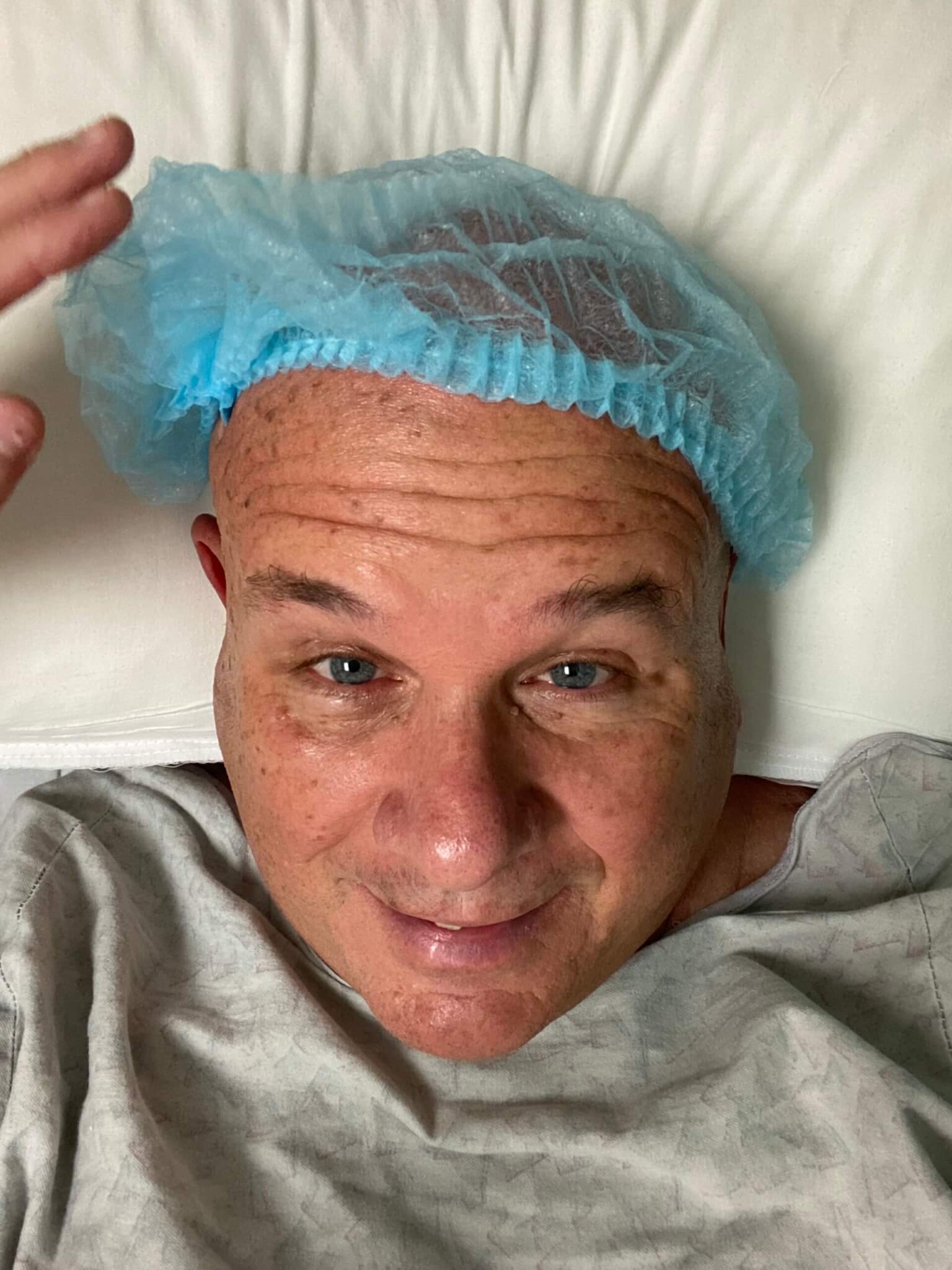Bad news.
After Daddy died, I had another 12 years with my mamma. Even though I didn’t live close, we kept up with each other, and I’d make it home when I could.
One thing that bugged me, though, is that anytime I was at her house, the television would be tuned to one of the 24-hour news channels. Maybe Fox, maybe CNN, but always something.
Mamma would comment on what she’d seen and heard. Mamma was a rock-solid Christian, a strong woman, but I could tell that a lot of what she was seeing was scaring her. She was genuinely afraid of what was happening in the world.
I said, “Mamma, don’t be watching this stuff all the time. You’re just seeing the same thing over and over. You don’t need to do that to yourself.”
I’d like to tell you that she took her only child’s counsel, but her viewing habits never changed. The world outside her house was dark and threatening.
I’m a journalist. I want to give you some thoughts on how to manage your information intake. Don’t be like Mamma.
Navigating the stormy seas of today’s news cycle without capsizing into the ocean of despair is quite the task. Let me offer some beacons of hope.
1. Most Stories Don’t Matter
In the grand tapestry of life, it’s easy to lose sight of the big picture when we’re fixated on every little thread, especially the frayed ones. The truth is, much of the news is like fast food for our brains: quickly consumed, rarely satisfying, and often leaving us with regret. The trick is to differentiate between the news that truly impacts our lives and the noise that clutters it. Remember, just because it’s loud doesn’t mean it’s important. Prioritize what genuinely affects you and your community, and let the rest fade into the background noise where it belongs.
2. Challenge Yourself to Love Easy-to-Dislike People
This one’s tough, but oh, so rewarding! Loving people we don’t like, especially those who seem to embody everything we stand against, is a radical act of kindness. It’s not about agreeing with them or condoning their actions; it’s about recognizing their humanity beneath the layers of differences. When we see someone vilified in the news, it’s a golden opportunity to practice empathy and remember that everyone has a story, fears, and dreams. Love doesn’t mean approval; it means understanding and compassion.
3. News Shouldn’t Be 24/7
Our minds were not designed to be bombarded with a constant stream of information, much of it distressing. It’s like trying to drink from a firehose; eventually, you’ll drown. Setting boundaries around news consumption can be incredibly freeing. Allocate a specific, limited time each day to catch up on the news, and then move on to activities that replenish your spirit and joy. This minimal intake ensures you’re informed without being overwhelmed. It’s about being a responsible citizen of the world without being a hostage to it.
4. Guard Your Mind. Guard Your Heart
The news can be a battlefield, and your peace of mind is the territory at stake. Be vigilant about protecting it. If you find your spirit getting dragged down, it’s time to step back. This doesn’t mean ignorance; it means wisdom. It’s recognizing when exposure is turning into poison and choosing to detox. Fill your heart and mind with things that uplift and inspire you, and disengage from sources that drain your joy. Your mental and emotional well-being is precious — treat it with the care it deserves.
5. God’s Got This
In the whirlwind of global events, it’s easy to feel like we’re in a boat about to be swallowed by waves. But here’s the thing: God is the master of the sea and the storm. The belief that “God’s got this” doesn’t imply passivity; it’s a call to faith. It means trusting that even in the chaos, there’s a plan, and goodness prevails. It’s about finding peace in the knowledge that we’re not alone, and that every storm runs out of rain. So, take a deep breath, and relax. Focus on what you can control, and leave the rest in His capable hands.

Navigating the news without losing our peace of mind is about selective engagement, empathy, setting boundaries, self-care, and faith. Each of these strategies not only helps us to maintain our sanity but also transforms us into beacons of hope and love in a world that desperately needs it. We’re all in this boat together, steering towards a horizon of hope.










